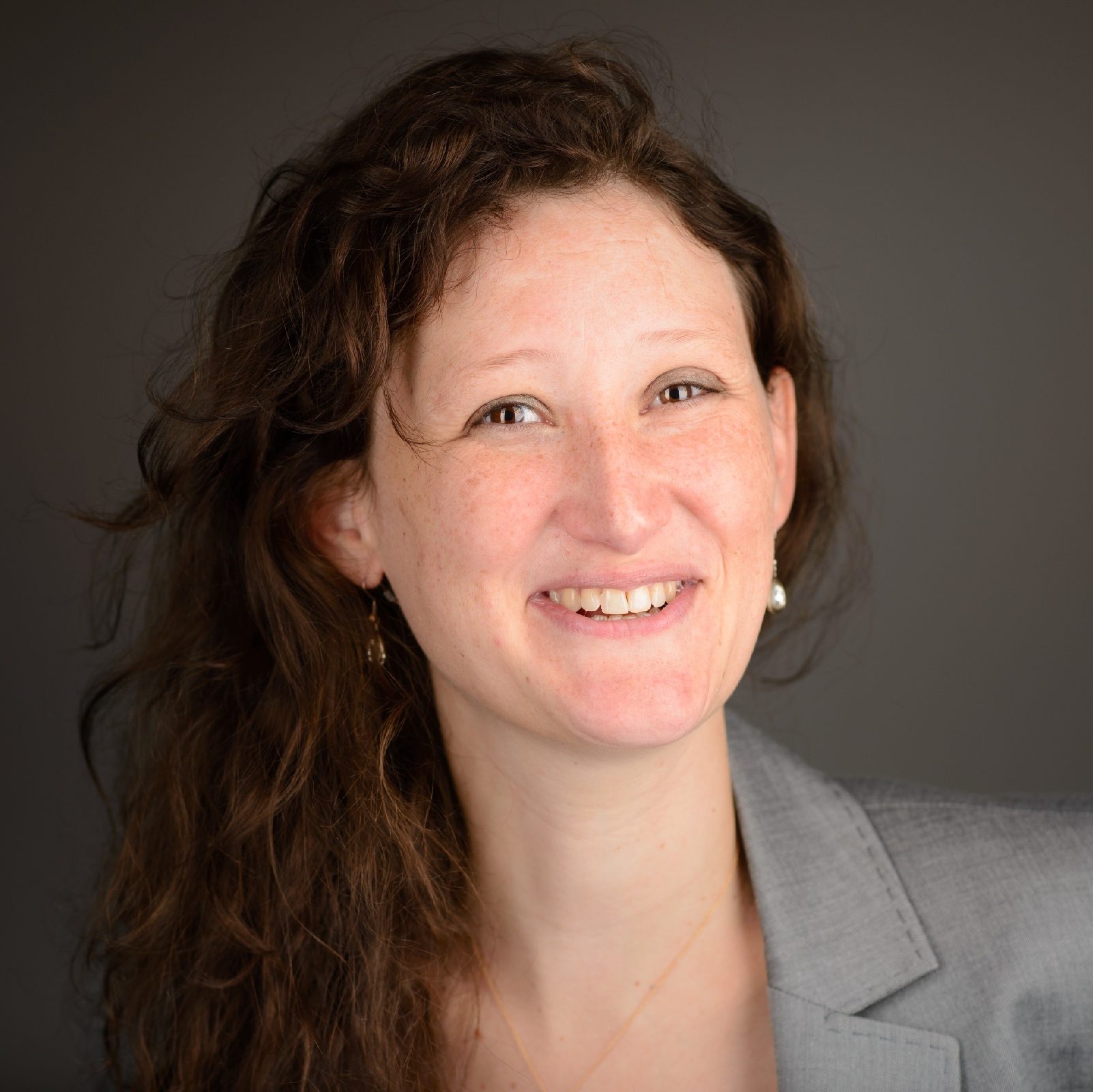While the world is pondering whether the global economy will avoid a recession in 2023, the OECD just announced that the worst energy crisis since the 70s will trigger a sharp slowdown, with Europe hit hardest. In this gloomy context, charities struggle to raise donations, and many non-profits, especially small ones, have had to reevaluate their fundraising plans. In our new paper, called Enhancing Donor Agency to Improve Charitable Giving: Strategies and Heterogeneity, Emilie Esterzon, Bram Van den Bergh and myself offer two effective yet inexpensive strategies to make fundraising campaigns more effective. The paper is forthcoming in the Journal of Marketing.
Our research team shows that allowing donors to choose which charitable project their gift will be dedicated to can increase fundraising revenues dramatically. We conducted a series of experiments and a large-scale field study involving more than 40,000 donors to document this effect and understand why it works. In our experiment, the charity sent fundraising requests describing three unique charitable projects. Some donors could express their preferences and determine which charitable projects needed to be funded. Other donors did not receive the opportunity to control how the charity should allocate its resources. The interventions were relatively straightforward to implement yet extraordinarily effective.
The first one offered donors three bank slips, each uniquely tied to one of the three projects, rather than one unlabeled bank slip. The second one was more subtle. We told donors how much each project costs, so donors who wanted to fund a particular project could donate that specific amount. Charities can use these interventions in their offline and online fundraising campaigns (e.g., using QR codes or call-to-action buttons or emphasizing the cost associated with the different projects).
We discovered that donors reacted very positively to the opportunity to determine the target of their donation, increasing fundraising revenues by 42%. Our results show that donors experience a greater “sense of agency”: they can tell the charity what to do with their money. We conjecture that it is something donors appreciate a lot.
Agency is a crucial concept in charitable giving. Donors depend on the charity (the agent) to perform a service (e.g., helping). They contribute to a charity because they believe in its mission and its ability to execute it efficiently. At the same time, they depend on the charity because the charity decides how to spend the collected funds. This dependence can create tensions when charities use funds for purposes not valued by the donors (e.g., overhead). Charity watchdogs, such as CharityWatch, inform donors about bad charities. In this context, offering donors a greater sense of agency can be a way out.
Our research also unveils another vital insight for fundraising managers. Not all donors value the opportunity to decide how charities should spend their budget. Those who care are the charity’s most loyal, active, and generous donors and donors who do not have strong habits. So, for example, donors who give exclusively during the holiday seasons or give a fixed amount every month won’t react that much to the opportunity to choose a specific charitable project.
If you manage a charity and oversee its fundraising activities, here some concrete takeaways to optimize your next campaign:
– First, consider empowering your donors by having them decide what project they want to fund, but only do this for your most engaged donors.
– Second, run a small-scale AB test with two experimental conditions to determine which donors appreciate deciding what project to fund. For example, let one random half of your donors choose a charitable project, and contact the other half but don’t let them choose. Comparing donations across conditions will tell you whom to contact with what type of request.
– Third, learn more about how to leverage such data to optimize your next campaign, by checking our open-science repository at https://osf.io/4nzsw/.
Thanks for reading!
